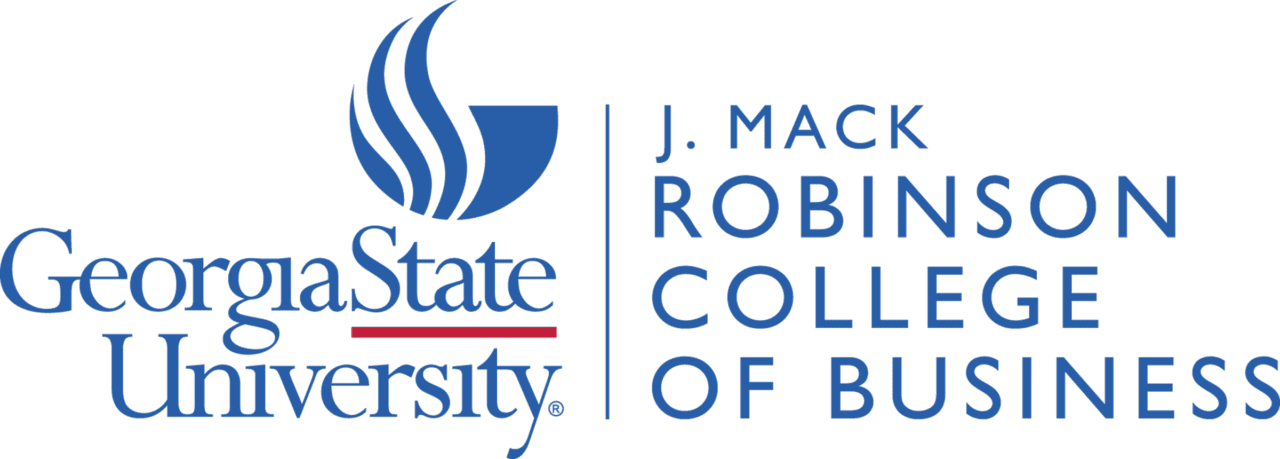Your cart is currently empty!
Elevate your journey today.
Rent a car for your next adventure conveniently with the best prices on the market.

Sep
15
The New York Academy of Sciences (NYAS)
115 Broadway 8th Floor, New York, NY 10006
9am-11am
1
Sign up
1 min

★★★★★
I’m truly grateful for the exceptional legal support I received from the firm. Their expertise, dedication, and professionalism made a significant
difference in my case.
Highly recommended.
Alice Smith
ACME Company

Unlock Africa’s Potential
Take the First Step Towards Success
Frequently Asked Questions
What is the purpose of this
The purpose of this website is to serve as a one-stop shop for doing business in Africa, providing information on the top 15
What information does the FAQ
The FAQ section provides answers to frequently asked questions about the website and its services.
How can I contact the
You can contact us by filling out the contact form on our website or by using the
What are the top 15 countries
The top 15 countries from a GDP standpoint are the countries with the highest gross domestic product values.
What is the FAQ section?
The FAQ section is a grid view containing frequently asked questions and their corresponding answers.

How can we help you?
We are here to assist you with any questions or concerns you may have.
